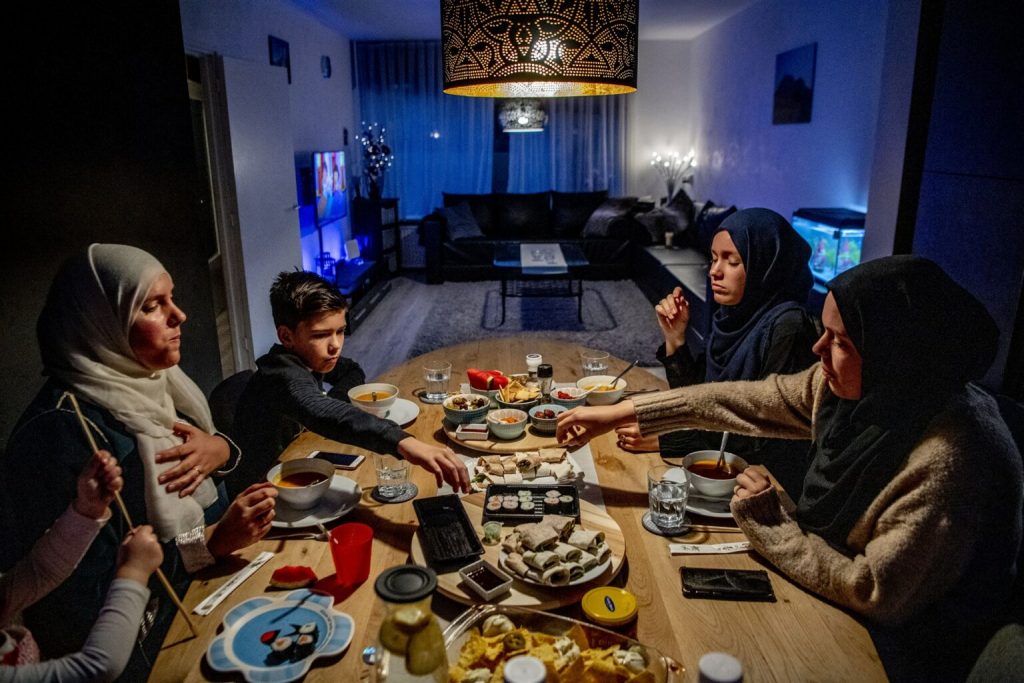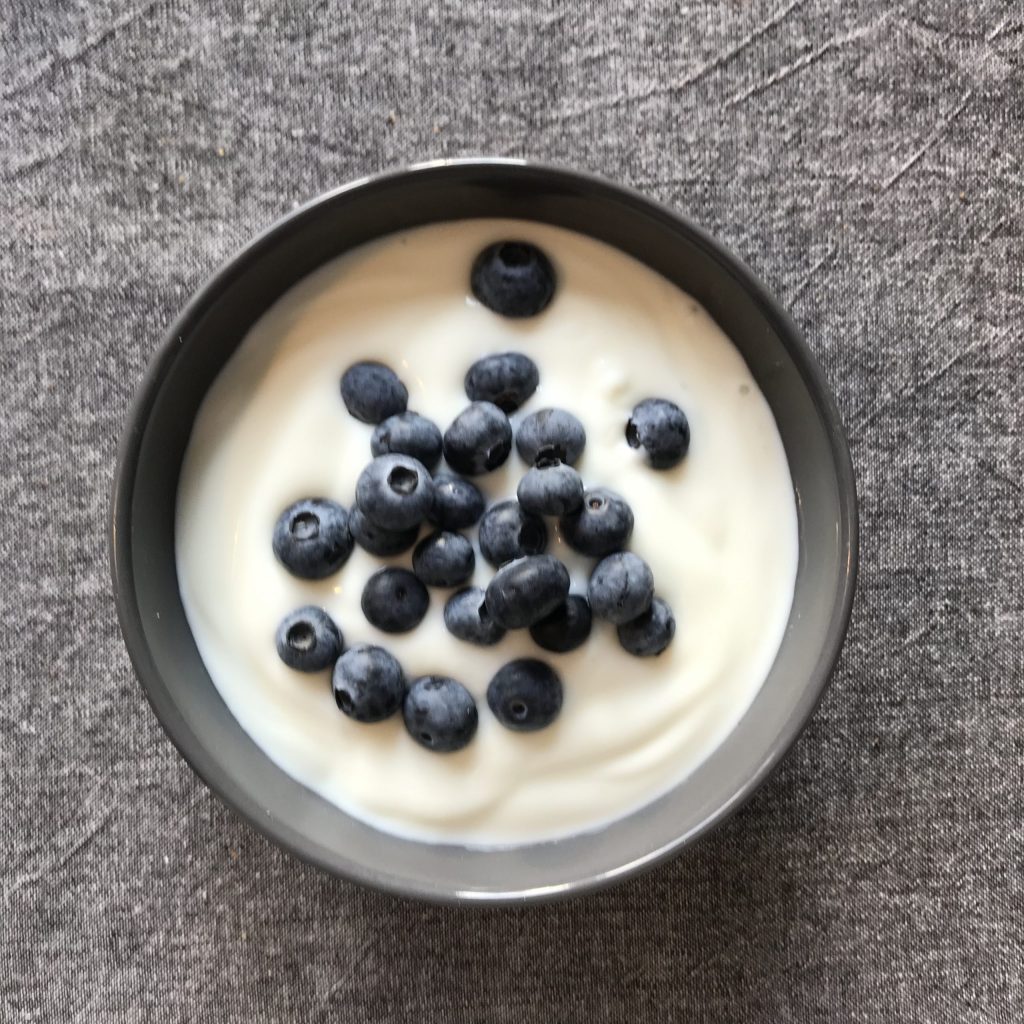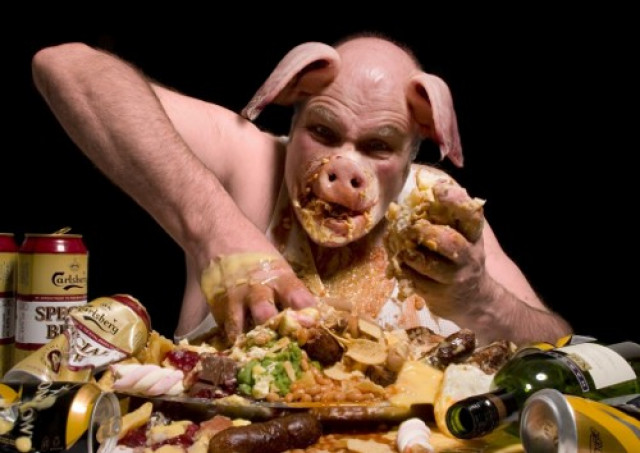[This article is from 2021. Most of it I still stand by, but my perspective has also evolved a little bit. So at the bottom of this article, you can find some addenda.]
I’ve been fasting since February this year. And I’ll continue to limit my food consumption till April. Until the start of Easter to be precise. I’m participating in the Catholic fasting period Lent, which takes place between carnival and Easter. Forty days of fasting, it’s both a physical and a spiritual challenge. But why am I doing it? It’s not something I’ve always done, I only started doing it in 2017 or 2018. I also do not follow the exact rules of the church, but I’ve come up with my own set of rules. Confusing? Yes, I can understand that. But that’s why I wrote this article to explain why I don’t eat anymore 🙂 Now, let’s get started!
My fasting regime
- Allowed
- Breakfast (oatmeal, fruit, nuts, grains)
- During the day (only water)
- Diner
- Not allowed
- Alcohol
- Smoking
- Drugs
- Meat
- Sauces like mayo/ketchup
So I’m living sober these days. Although I have to admit that there are a few expectations. For example, if I go for a long cycle ride or some other physical adventure, then I’m allowed to have decent protein-based lunch to help my recovery.

Humility and charity
I believe that my first real fasting period was inspired by Muslims. Every year the Ramadan gets lots of news coverage. There are inspiring interviews and heartwarming background stories of connection, humility, and charity. And I always thought that was so beautiful and I kind of wanted to be part of that.

Except, of course, I’m a Catholic and not a Muslim. That would make it a bit weird to join the Ramadan I think. But luckily that also offers the solution, because I can just join the Catholic fasting period called Lent. It’s quite similar, it’s just not as popular anymore.
So by joining the Catholic fasting period, I can sort of experience what Muslims experience during Ramadan. Just that reason would sufficient for me to start doing it I think. But besides trying to approach the experience of Muslims during Ramadan, I can also honour my Catholic background. The mystery of the religion, the traditions, and the holy aura have always attracted me to some degree.
Fasting can make me feel connected to both Muslims and Catholics. Pretty cool. But not just that. It helps me connect to all the people of other religions that participate in some kind of fasting activities. And there’s even more! Because what about the people that are involuntary fasting? The people for who hunger is not some sort of stupid challenge, but the harsh reality?

A simple, humble way of living
By the way, that connection to those people is not just some quasi-spiritual clincher. It’s something quite tangible. Fasting is a very humbling activity. It brings you back to a mechanical way of living. You eat. You are hungry. You want to eat. You’re bringing the relationship between your body and mind back to the natural basis.
It’s a very simple, humble way of living. And I believe that it is impossible to look down on anyone when you are living a simple, humble life yourself. Because to look down on someone, you have to place yourself on an imaginary plateau. So by fasting, you’re putting yourself in a situation of empathic humility.
It reminds me of the ‘becoming one with the unity of existence‘ that is being discussed by Schopenhauer and Tolstoj. I read some of their works in 2020 and they really resonated with me. In his great novel ‘War and Peace’, Tolstoy (inspired by Schopenhauer) lets the main characters Pierre and Andrei become one with the unity of existence after they went through the most humbling experience of their life. The humility and suffering help them to see the unity of the universe. It sparks an empathetic connection, a type of compassion with everything around them.
And I think that the suffering and humility of Lent can help with that realisation.

The discipline of fasting
Now this blog post has gotten a bit more spiritual than I had planned. I hope that you don’t mind it too much.
Well, if you don’t mind, then I’ll continue with the next source of inspiration to start fasting. And that’s Leonard Cohen. Through the love of his music, I also grew a fascination for the person behind the music. Apparently, Cohen did quite a lot of fasting in his life (he sang about it sometimes). It brought him a certain sharpness that he utilised to write songs, poems, and stories. It also underlined the determination he had for his work and his penchant for discipline. And those are things that I really appreciate myself as well.

That fascination for discipline is something that resonated with me. I’ve always had a very mixed relationship with authority and discipline. I usually illustrate this with two anecdotes from my teenage years.
Did the teacher at high school have no authority whatsoever? (And that happened quite often on my school’s pre-university education, where most of the teachers were highly educated nitwits). In those situations, I would be an extremely annoying teenage rebel without a cause.
In stark contrast to my behaviour in the classroom was my behaviour at the football club. If the coach was a naturally authoritative figure then I became a very disciplined, obedient soldier. I was silent, worked like horse, and never disagreed with anyone.
I absolutely loved that.
Working in a strong regime. It might sound a bit autistic (and it might maybe be just that). Like I can’t handle freedom and if I would only be able to function in a strongly organised system. And maybe it was just a teenage thing. But definitely showed me the power of discipline and authority and how effective it can be when it’s applied right. And some of that I recognise in the challenge to fast. Except there is no authority that imposes these rules on me. And that’s where it gets interesting for me. Because there is no one to hold me accountable. It’s just me pushing myself. And there is something very empowering in being able to force yourself to do something.
Self-control in an immoderate world
And that brings me to the second reason why I’m fasting. For me, fasting is a prime example of discipline and self-control. And if there is something missing in contemporary Western society then it must be those two things. We’re living in a completely absurd, limitless society. And the sad thing: the world around us is losing every sign of meaning because of that endless urge to consume.

Of course that’s bad for the climate and it also means that we’re depleting all of our natural resources etcetera and also bladieda. But that’s not what worries me the most about that type of shameless consumerism.
What worries me the most is the lack of character in the people. It fills me with disgust to see how little discipline there is. People just continue to hog, guzzle and consume. They continue to buy, throw away, and purchase. Always dreaming of the next big thing on the endless ladder to nowhere. And why? Because it’s possible. And because they need to fulfill their animalistic desires. Following your desires requires absolutely no free intellect/agency/autonomy. It’s simply beastlike.
Without self-discipline, without a direction/plan, you become susceptible to the whims of your desires. Or even worse… the whims of large corporate marketing departments…
To illustrate that, I think the example of the Christian holidays Carnival and Easter are great examples. Both feasts have been completely stripped of any form of meaning by the consumer society. They’re both merely reference to the real holidays. People know the names of the holidays, but have no clue about the meaning behind them. Both feasts are reduced to moments of extravagant consumption.

And of course: extravagant consumption was always kind of the point of those two holidays. But in the original form, that extravagant consumption had meaning. It signified the start and the end of the fasting period. With carnival everyone was given one final opportunity to go crazy before the 40 days of fasting would start and with Easter, the end of the 40 days would be celebrated.
But if you don’t participate in the fasting and only decide to party like a crazy animal, what does that then really say about you? Does that not make you just that? A crazy animal. In my eyes, it shows a lack of character. A lack of discipline and self-control. And besides that: such an Epicurian life makes people blind and dumb. The focus on maximising dopamine rushes is just a cheap distraction from the question about the meaning of life and it’s a horrible denial of all of the suffering on the world.
Suffering as the foundation of empathy
And in this hyper-individualistic worldview of consumerism, it’s easy to forget that you can only find community in suffering. Suffering is the fundament of empathy. So when you are fasting, you are forcing yourself into a position in which you can connect to people and feel love for everyone. Because when you are in such a self-imposed humble position, it’s impossible to look down on anyone. But if you chose to only consume and never to suffer, you deprive yourself of that form of connection. Then your gaze will always be aimed upwards or downwards, but never sideways, to the people around you.
Okay, well, it seems like this blog post kind of turned into some sort of ideological plea against the consumer society. But yeah, it explains all of the reasons why I choose to fast, so it’s fine. I hope it was enjoyable and interesting to read for you 🙂
2022 addendum
I tried to be vegan for Lent this year. Didn’t really work out, to be honest. A few weeks were okay, but after a while, the cheese kept creeping back into my diet.
2023 addendum
Rereading this article made me a bit embarrassed about the paragraph ‘self-control in an immoderate world’. I sound very vicious, and almost as if I look down on people that ‘consume mindlessly’. Which has to be exactly the antithesis of the perspective of fasting. I first write a few paragraphs about humility and connection and then write a vicious paragraph like that? Seems incongruous.
But I’ll just leave that paragraph in there because it’s fun to reflect on. I guess that now, a few years later I can see that it is not in line with the gist of fasting to think like that. Everyone is on their own journey, and everyone has the freedom to do whatever they like. I don’t have the desire to change everyone’s life. I’m way too self-obsessed for that anyway haha. At this moment I’m just enjoying the journey of figuring out things for myself. And my personal standpoint/take/vision on a lot of things.
Anyway, I also recognise my innate desire to provoke in that paragraph 🙂 That seems to be hard to resist for me sometimes. Even though it might not lead to anything good. I enjoy poking around. Seeing what happens. Hoping for some reaction.